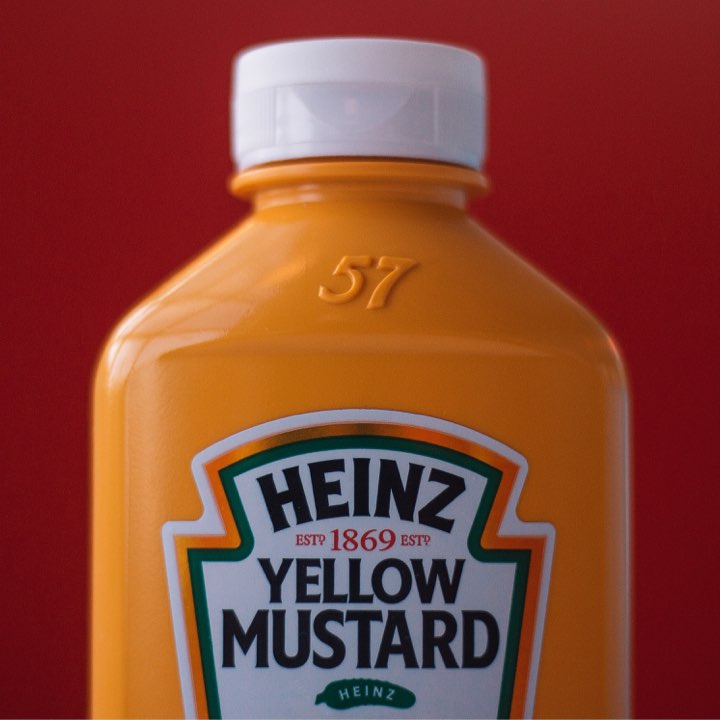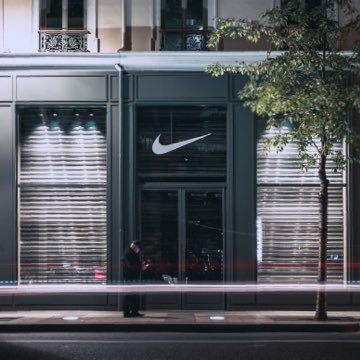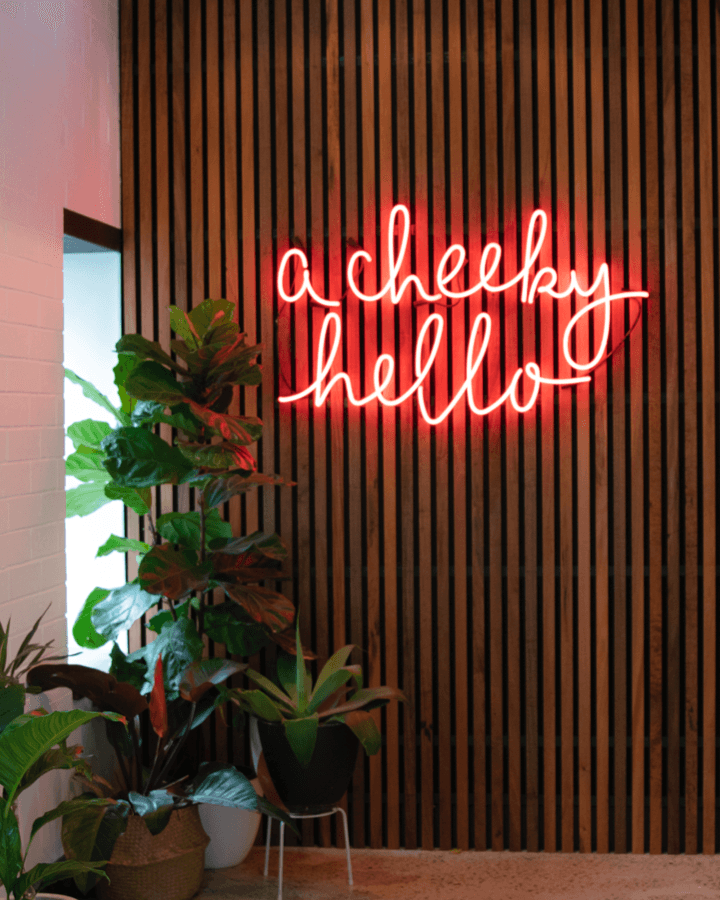Personalities are like opinions…
When people talk about brands today, the word ‘personality’ comes up a lot. We all understand the premise: if you’re an investment bank you need to feel traditional and secure; if you’re a travel company you want to be an intrepid adventurer and if you’re a day spa you’d likely want to be serene and blissful.
These traits are the things that enliven brands and start to make them distinct in our minds. I still remember the personalities of people I talked to at parties years and years ago. But truthfully, I can’t remember their names or faces. Their personalities gleaned from conversations have a lasting impression, much more than their clothes, names or occupations. To me, that’s part of why the idea of brand personality is so pervasive and significant — even though the idea that a brand wants to be a facsimile of a human being also irritates the cynic in me.
Traits that enliven brands and start to make them distinct in our minds.



So what does it mean if someone “has no personality”? It seems to be a roundabout way of throwing shade and saying that a person is boring. But everyone has a personality. Think about how infinitely weird all the people you know are. Especially your family. Because the people you know best are somehow the weirdest. Not because they are uncommonly peculiar — but because you know them. The only normal people are total strangers.
It turns out that when we say that someone has “no personality” it might just be because they don’t divulge their opinions; they aren’t expressive about their ideas and emotions. Big personalities let you know what they believe. They stand for something to stand out. And in doing that, they stand against something else.
Brands need to do the same. At least if they’re serious about having a personality. And they are already doing this. Nike’s ‘Dream Crazy’ Colin Kaepernick ad is already the prime example of it.
Not all brands want to stand out. But many brands, if not most, do. They want to be a distinct voice among a chorus. And that means having an opinion. It’s inserting a brand into cultural and social issues that genuinely intersect with your brand.
For instance, Nike’s brand is centred on inspiring and innovating for athletes, with the caveat that “if you have a body, you’re an athlete”. The concepts of inclusiveness and progressiveness translate directly into debates about race and policing in America today. As risky as that Kaepernick video was perceived to be at the time, it was a completely logical move. Nike has always had a vivid personality but, most importantly, they were willing to assert the views that come with it. And it paid off.
It’s not simply that strong brands need to find strong opinions, it’s that a strong brand will naturally lend itself to having a specific view. But, like a memorable party guest, it still needs to be said in a way that convinces and galvanises listeners, rather than argue with them.
— Celina Siriyos
So what does it mean if someone “has no personality”?







